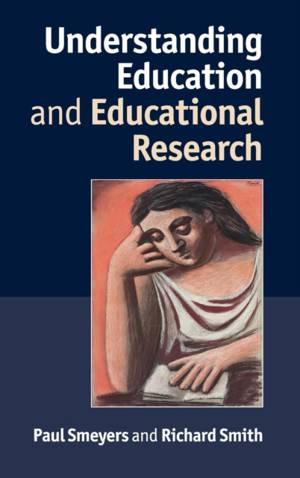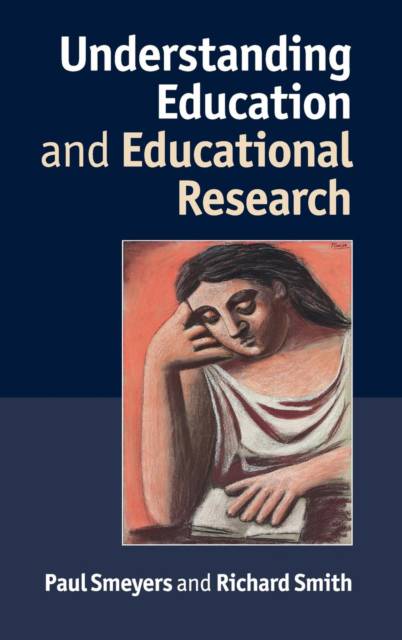
- Afhalen na 1 uur in een winkel met voorraad
- Gratis thuislevering in België vanaf € 30
- Ruim aanbod met 7 miljoen producten
- Afhalen na 1 uur in een winkel met voorraad
- Gratis thuislevering in België vanaf € 30
- Ruim aanbod met 7 miljoen producten
Zoeken
€ 111,45
+ 222 punten
Uitvoering
Omschrijving
Educational research is widely believed to be essentially empirical, consisting mainly of collecting and analysing data, with randomised control trials as the 'gold standard'. This book argues that good educational research is often philosophical in nature. Offering a critical overview of the current state of educational research, the authors argue that there are two factors in particular that distort it. One is that throughout the world it is expected to serve the interests of the state in securing educational improvements, as measured by standardised examination results, and to demonstrate 'scientific' credentials sufficient to guarantee absence of ideological bias and carry conviction. The other is that learning to do educational research is generally seen as a matter of being trained in empirical 'research methods'. The authors demonstrate, by contrast, that good educational research needs the rigorous thinking characteristic of philosophy, and that philosophical treatments themselves sometimes constitute such research.
Specificaties
Betrokkenen
- Auteur(s):
- Uitgeverij:
Inhoud
- Aantal bladzijden:
- 227
- Taal:
- Engels
Eigenschappen
- Productcode (EAN):
- 9781107009202
- Verschijningsdatum:
- 29/12/2014
- Uitvoering:
- Hardcover
- Formaat:
- Genaaid
- Afmetingen:
- 150 mm x 231 mm
- Gewicht:
- 453 g

Alleen bij Standaard Boekhandel
+ 222 punten op je klantenkaart van Standaard Boekhandel
Beoordelingen
We publiceren alleen reviews die voldoen aan de voorwaarden voor reviews. Bekijk onze voorwaarden voor reviews.











